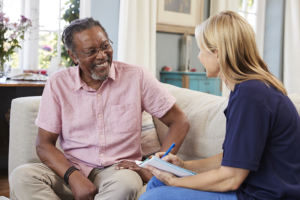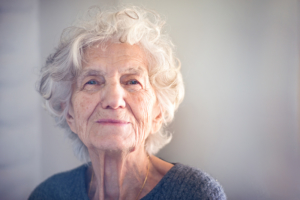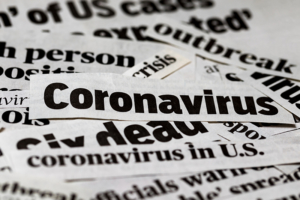How to Help Your Loved One When Alzheimer’s Affects Sleep
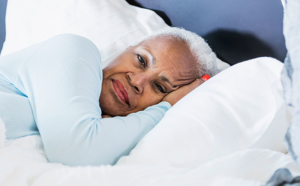 If it feels like a senior with Alzheimer’s has completely rewritten the rules on when and how to sleep, you are not dreaming—Alzheimer’s affects sleep. For reasons that are not yet fully understood, a number of people with dementia experience changes to their circadian rhythm, leading to sleepless nights and drowsy days.
If it feels like a senior with Alzheimer’s has completely rewritten the rules on when and how to sleep, you are not dreaming—Alzheimer’s affects sleep. For reasons that are not yet fully understood, a number of people with dementia experience changes to their circadian rhythm, leading to sleepless nights and drowsy days.
The progression of the disease is one contributing factor. Damage to brain cells causes increased weakness, making everyday activities and tasks exhausting. Medication side effects from commonly-prescribed dementia treatments can further exacerbate the issue.
Why a Good Night’s Sleep Is Crucial for a Senior with Dementia
Decreased sleep quality in dementia may lead to an increase in restlessness and delusions and can result in serious safety concerns, including the potential for a senior to wander away and become injured or lost. Not just that, but a senior loved one who is sleepy during the day will also be less likely to engage in healthy activities, such as spending time outdoors and exercising.
And, for a busy family caregiver who also needs rest, it is typically quite a challenge to meet all of the person’s care needs during the day and throughout the night as well.
Ways to Help
Try these strategies for a senior whose sleep patterns are disrupted:
- Talk to the physician, first of all, for a review of medications. Changing the dosage timing every day may be all it will require to make a difference.
- Maintain a routine like going to bed and waking up at the same time each day. Limit caffeine, naps, and heavy meals later in the day.
- Incorporate bedtime activities that are soothing, for example, a warm bath, reading, turning off the television, and playing quiet, calming music.
- If wandering is a concern, a wireless bed exit pad can notify you as soon as the senior gets up so that you can assist.
- Try placing a clock that distinguishes between nighttime and daytime near the senior’s bed.
You may want to encourage a senior to try sleeping on their side rather than the back or stomach as well. Recent reports revealed a possible link between side sleeping and much more effective clearing of brain waste, such as excess beta-amyloid. Note that this study was conducted on laboratory animals, and it’s unclear yet whether the results carry over to humans.
Responsive Home Care is available to help as well, with overnight caregivers who are awake and alert, looking after the older adult’s needs throughout the night, so you can get the rest you need. Our care team members are fully trained and experienced in creative, patient approaches to meeting the unique care needs of those with Alzheimer’s disease. Give us a call at 954-486-6440 to learn more about our specialized Fort Lauderdale elderly care offered throughout the greater metropolitan area.

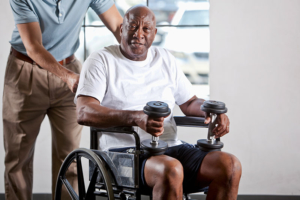 As we’re finally easing our way out of this pandemic, we’re finding more about how it has harmed senior loved ones – both physically and emotionally. We know older adults have been at a higher threat of serious issues and death due to the COVID-19 virus, although the impact of 15 months of social isolation and physical distancing is similarly distressing.
As we’re finally easing our way out of this pandemic, we’re finding more about how it has harmed senior loved ones – both physically and emotionally. We know older adults have been at a higher threat of serious issues and death due to the COVID-19 virus, although the impact of 15 months of social isolation and physical distancing is similarly distressing.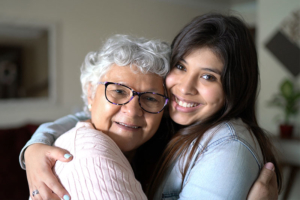 A new study sponsored by the Alzheimer’s Association is uncovering some striking findings in how dementia may present differently in Hispanic people. While additional exploration is required to fully understand whether these differences are the result of social/cultural nuances or perhaps the dementia itself, it’s worthwhile information for Latino families to know.
A new study sponsored by the Alzheimer’s Association is uncovering some striking findings in how dementia may present differently in Hispanic people. While additional exploration is required to fully understand whether these differences are the result of social/cultural nuances or perhaps the dementia itself, it’s worthwhile information for Latino families to know.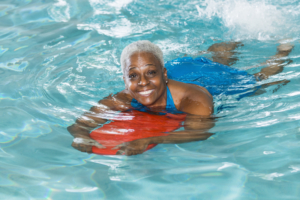
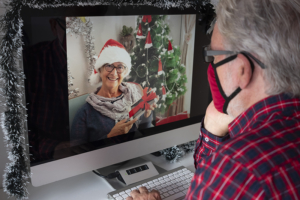
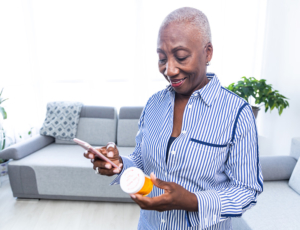
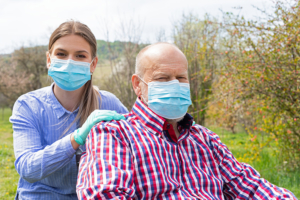
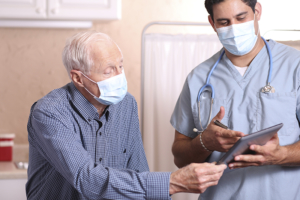 The COVID-19 pandemic put the world on pause, including, among a great many other activities, healthcare appointments and procedures. In fact, nearly 50% of all adults either canceled or delayed routine health care and elective treatments since the coronavirus crisis began, leading medical professionals to become concerned about the consequences.
The COVID-19 pandemic put the world on pause, including, among a great many other activities, healthcare appointments and procedures. In fact, nearly 50% of all adults either canceled or delayed routine health care and elective treatments since the coronavirus crisis began, leading medical professionals to become concerned about the consequences.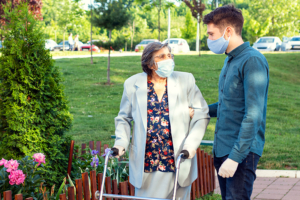 After months of isolating from family and friends, many people are now getting out and about instead of staying at home. Nevertheless, for seniors in particular,
After months of isolating from family and friends, many people are now getting out and about instead of staying at home. Nevertheless, for seniors in particular, 